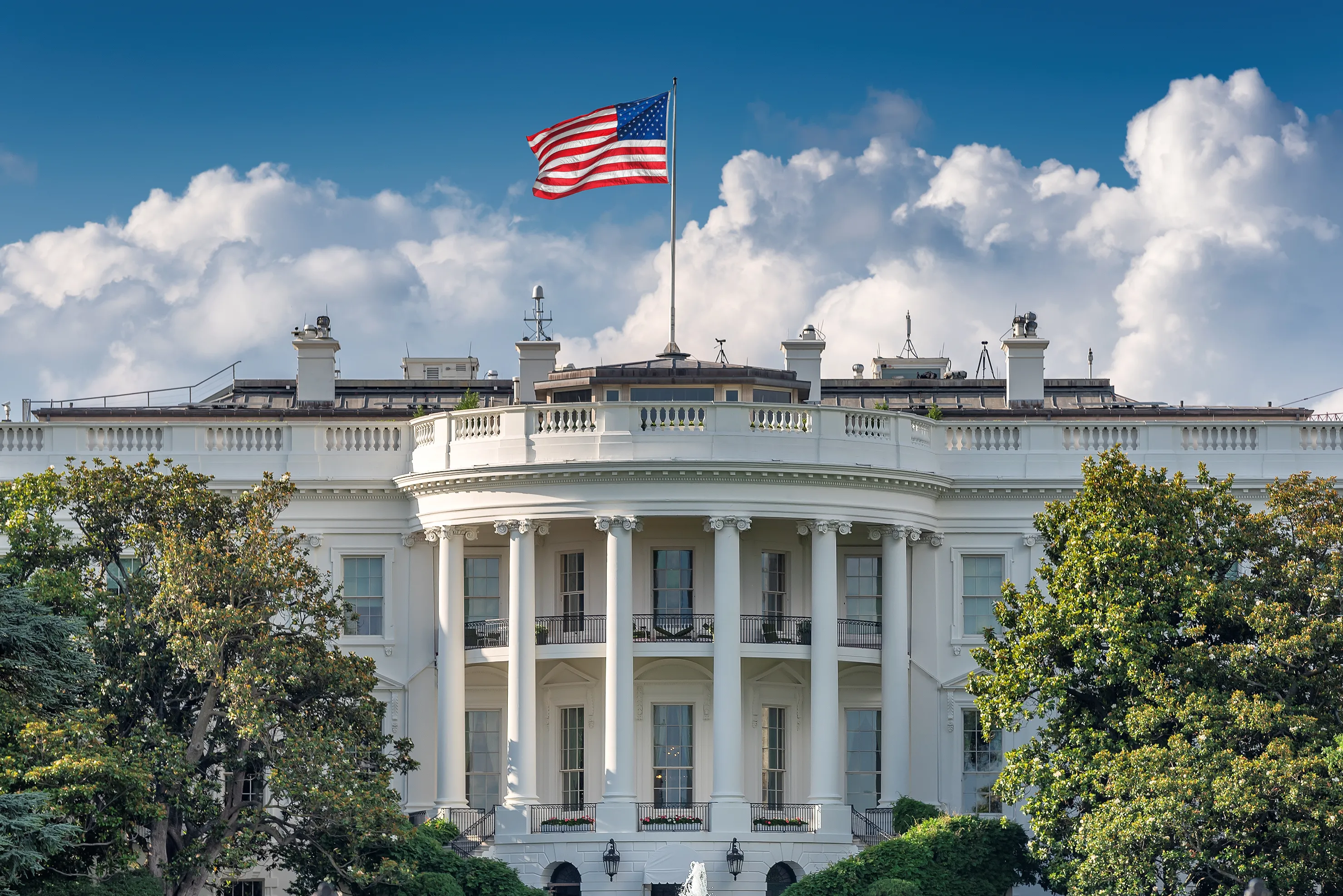
Half of attorneys general refuse to sign Purdue Pharma settlement agreement
By Bethany Blankley | The Center Square
Twenty-four states declined to sign a settlement agreement offered by Purdue Pharma LP, arguing that lawsuits against its owners, the Sackler family, should not be stopped.
Part of the company’s request when it filed for bankruptcy protection included asking the court to halt all litigation against it and members of the Sackler family. It also requested to pay $38 million in bonuses and severance packages to its employees.
Lawyers representing more than 500 local and tribal governments also made the same argument as the 24 attorneys general.
The proposed settlement addresses more than 2,600 opioid-related claims from state and local governments after Perdue Pharma earned more than $35 billion from the sale of OxyContin alone.
Arizona Attorney General Mark Brnovich, a Republican, said in a court filing that the company has “sought to undermine material terms of the deal” and the Sackler family needs to be “held accountable.”
Purdue Pharma offered to pay $10 billion to $12 billion to settle the claims, but said in its court filing that the Sacklers may not be willing to personally pay the agreed upon $3 billion to $4.5 billion toward the settlement if they are going to face ongoing litigation.
Purdue Pharma argues the ongoing litigation would irreparably deplete the Sackler family’s assets.
“The Objecting States should not be rewarded for pursuing dilatory, value-destroying tactics that threaten the success of these proceedings,” Purdue stated in its court filing.
The family is ranked the 19th wealthiest in America by Forbes, with an estimated 20 family members sharing $13 billion.
Within days of the bankruptcy filing, North Carolina Attorney General Josh Stein filed a lawsuit against eight members of the Sackler family.
“The Sackler family helped create and fuel the opioid crisis – a crisis that is leaving a trail of death and destruction in its wake. Too many North Carolinians have died, too many families have been torn apart, and too many communities are shattered,” he said in a statement.
More than 13,000 North Carolina residents have died due to opioid-related overdoses from 1999 to 2017, according to the state Department of Health and Human Services.
In July, Brnovich asked the U.S. Supreme Court to rule on whether some of the Sackler money was fraudulently transferred from Purdue to prevent it from being used toward the settlement. He asked the court to rule on requiring family members to return the money.
The court has not yet said if it will review his request.
At stake are more than 2,600 lawsuits against the company nationwide, including lawsuits filed by 44 state attorneys general who allege Purdue Pharma and other manufacturers of the addictive opiate used deceptive marketing practices to boost billions of dollars in sales.
Between 1999 and 2017, more than 400,000 people died in the U.S. from opioid abuse, according to the Centers for Disease Control and Prevention (CDC).
In 2016, about 42,000 Americans died from an opioid overdose, more than any previous year on record, according to the White House.
A 2017 report by the White House Council of Economic Advisors says the opioid crisis has cost the U.S. more than $504 billion nationwide. In October 2017, President Donald Trump declared the opioid crisis a public health emergency.
Louisiana, which ranks among the top 10 states with the most opioid prescriptions written per capita, has spent at least $677 million “for treatment of opioid use and dependence,” since 2007.
These companies created "one of the most challenging and complex problems" facing the state, Louisiana Attorney General Jeff Landry said. His office estimates opioid-related costs to the state total about $160 million annually. At least 17 firms have signed on as co-counsels to assist the state with its lawsuit.
Ohio’s lawsuit alleges the company "helped unleash a health care crisis that has had far-reaching financial, social, and deadly consequences in" the state, whose executives “purposely misled doctors about the dangers connected with pain meds that they produced, and that they did so for the purpose of increasing sales.”
The state estimates about 200,000 of its residents are addicted to opioids, equivalent to the population of Akron.
In Minnesota, the number of residents who died from opioid-related overdoses increased by nearly 800 percent from 2000 to 2017, the state claims in its suit.
















